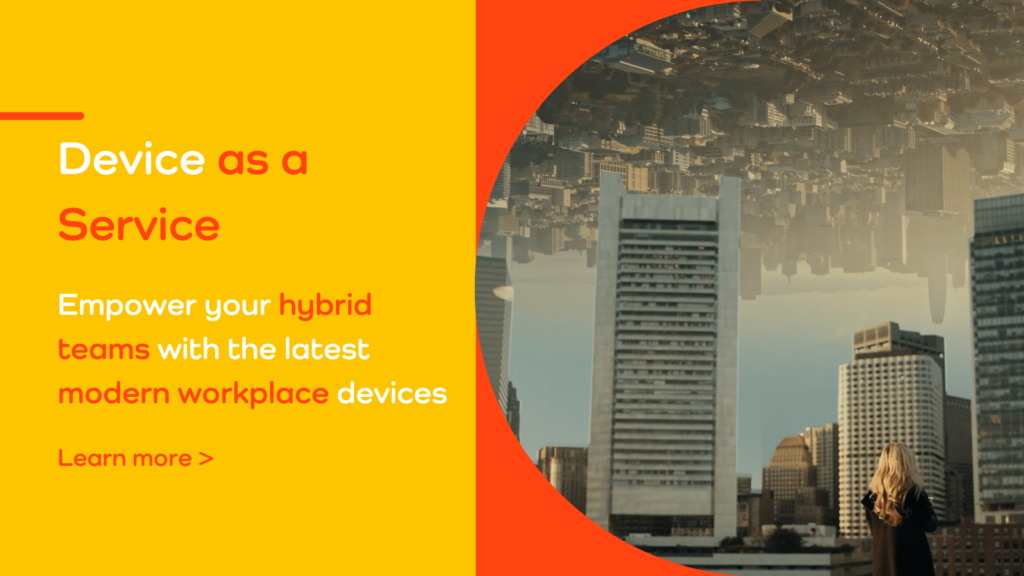In March 2020, as the mass exodus from offices was triggered by lockdown, cabs were hailed and desktop computers bundled in the back to be transported from office to home. Now as we transition into a hybrid work environment, the question of when those desktop computers should return to the office is a logistical problem for many IT teams. If employees are only in the office for a few days a week or month, where should that desktop reside and what should they use when it’s not in the same location as they are?
Fundamentally, in a hybrid world does the desktop computer have a role at all? In response, many organisations are disposing of their desktops altogether and replacing them with corporate laptops.
Laptops are built for hybrid work
To ensure a seamless user experience, whether in the office or working from home, the laptop has to be the best solution. Lightweight and slim designs mean they’re easy to transport and they can be paired with an external monitor to ensure the optimal user experience when at a workstation.
However, there are a few considerations to address before you transition all your users from desktop to laptop. They are:
Security
The nature of hybrid work means your user community will be travelling to and from their different workplaces with a device that could provide access to sensitive corporate information and data.
A combination of security tools and user awareness programmes are the best approach to manage physical laptop security. Multifactor authentication (MFA) and single sign-on (SSO) solutions take the onus off employees to set complex passwords and provides your organisation with stronger laptop security. Coupled with BitLocker or device encryption, these tools help protect your data should the laptop be lost or stolen. Software security, such as firewall and anti-virus software, should also be part of your workflow.
For users that are not used to being responsible for a corporate device on their commute, make sure your security policies reflect this new way of working and provide security awareness training.
Cost
Replacing desktops with laptops, and purchasing any additional accessories such as docks, monitors, keyboards etc., is going to eat into your IT budget.
There are ways to minimise these costs. For example, Bring Your Own Device (BYOD) has become common practice for many organisations over the last 16 months. IT teams just need to make sure that the right security tools are in place to protect the organisation from breaches, data leakage etc. Mobile Device Management solutions, like Microsoft Intune, and Identify & Access Management, such as Azure Active Directory, gives you the ability to capitalise on BYOD.
Desktop virtualisation can also drive cost efficiencies. With VDI less powerful machines are needed which means you can either extend the life of existing hardware or purchase lower cost models.
You can also turn what is traditionally a CapEx cost into OpEx cost with Device as a Service (DaaS) solutions. Hardware, software, cloud and support bills are rolled into one fixed monthly cost, and financing may also be available. Devices are delivered configured with policies and software for your organisation, and DaaS also ensures all devices are kept updated with the latest software and security. You can get a high level quote on Device as a Service here >
Productivity
16 months after the first UK lockdown, most organisations that needed to provide employees with remote access to the systems and data they require to do their jobs, have found a way to do this.
However, many remote workers are still struggling to be productive or complete specific tasks because they don’t have access to the information or tools they need when working from home. Whether it’s desktop virtualisation, remote access via VPNs or cloud apps, it’s time to review these solutions to support long term hybrid work strategies.
At the heart of the solution must be the user experience. Employees need to be able to transition between home and office seamlessly, and access everything they need from their laptop. This means ensuring that they are not at a disadvantage when working from home, that they have an equal experience wherever they are working.
Workplace ergonomics
The design of a laptop with the screen attached to the keyboard means that when the screen is in the optimal position for neck / head position, the keyboard is not in the right position for hand / wrist posture. And vice versa. Using a laptop for all your computing needs becomes a trade-off between musculoskeletal discomfort in the neck/head or hand/wrist. This is not sustainable on a long term basis and may not comply with Health and Safety (Display Screen Equipment) Regulations.
Fortunately, the workstation set up can include a laptop when steps are taken to minimise risk. The use of external devices such as an external monitor, keyboard and mouse – combined with the right desk, chair and laptop stand – will minimise the risk of musculoskeletal issues. In a hybrid world, employees will need the right workstation set up at home as well as in the office.
Supply issues
Demand for laptops has increased significantly as a result of the pandemic-induced shift by business to remote and hybrid working. The 3 largest PC makers globally said that demand continues to outpace supply, and they are struggling to source components including semiconductors. Gartner estimates in its latest report that the shortage would continue until at least the second quarter of 2022, with prices for some devices increasing as a result.
For this reason it’s really important to get in the queue now, rather than waiting until further lockdown measures easing. Sourcing laptops via an IT service provider, rather than purchasing them off the shelf from a high street electrical retailer, can also help you get the hardware you need sooner and potentially reduce costs too.
How are you going to equip users for a hybrid work environment? If you’d like an informal chat about purchasing laptops, provisioning, security, and how you can promote a productive and collaborative hybrid workplace, please get in touch.







